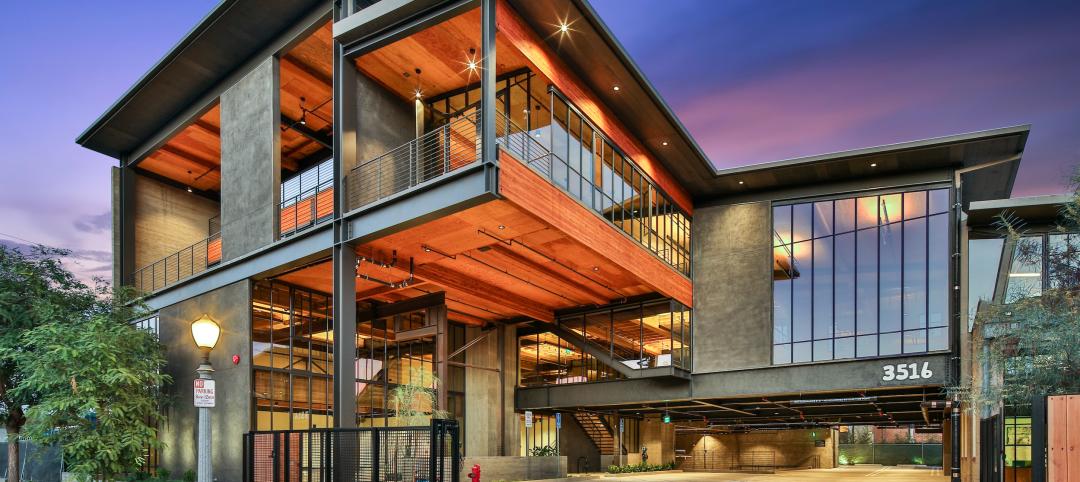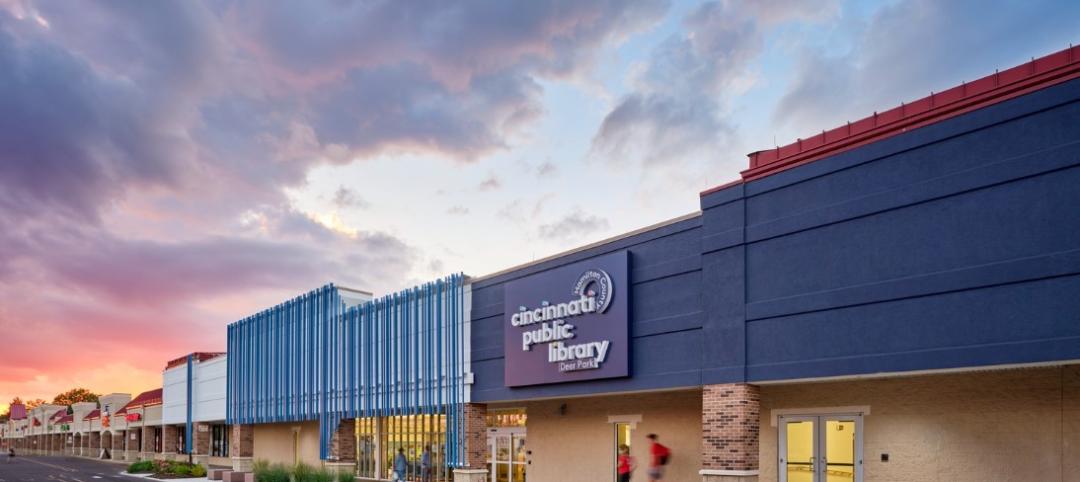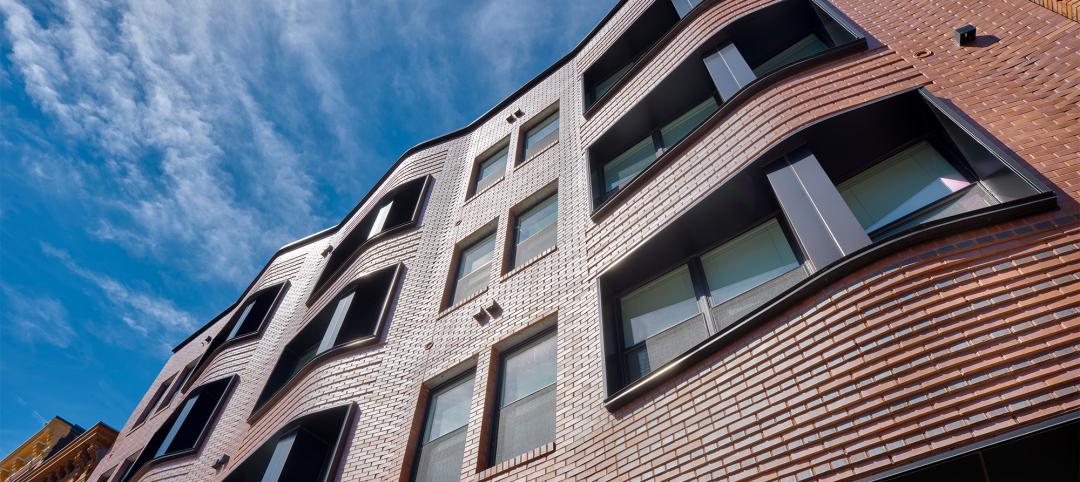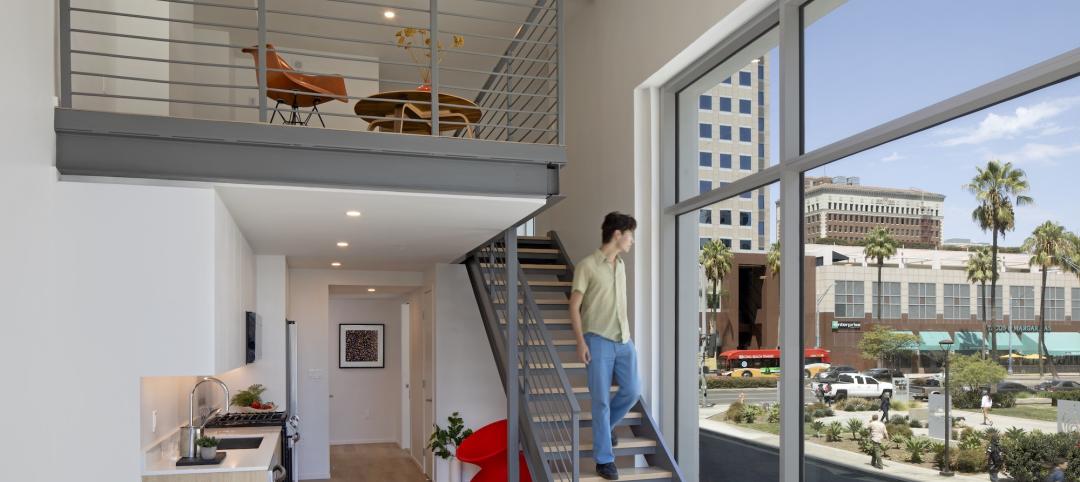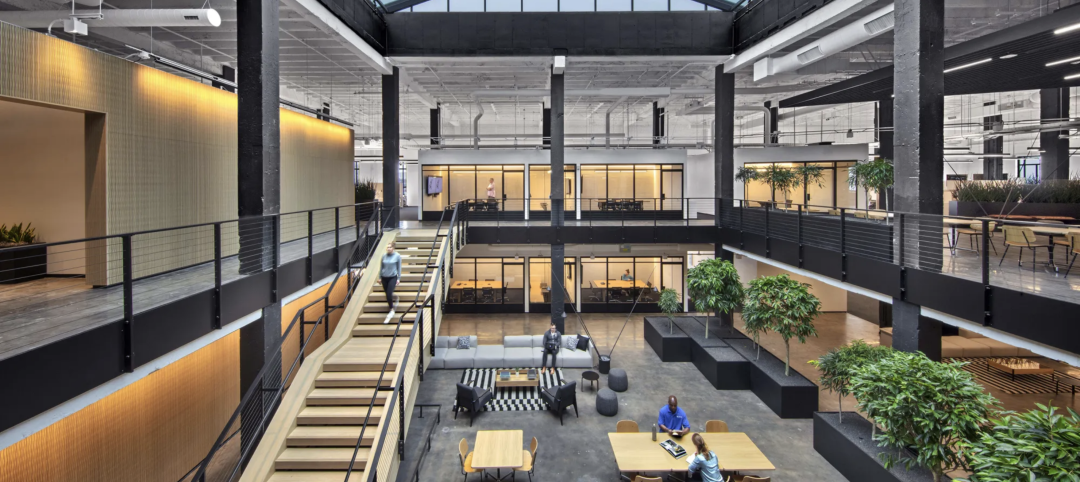There’s a national housing shortage, both market rate and affordable housing. At the same time there’s a large supply of empty office space and underutilized—and closed—hotels across the country. Owners and developers are increasingly examining the viability of commercial to residential conversions as a solution to both problems.
Hotels and office buildings present distinctly different factors to consider when evaluating the feasibility of potential residential conversion opportunities.
Issues with Hotel-to-Residential Conversions
Hotels have a distinct floorplan compared to office buildings that makes hotel-to-residential conversion more practical and less costly. Systems such as water and waste lines are already in place and can usually be relatively simple to modify them in converting a hotel building to apartments units. As a result, a hotel conversion project can be completed faster and at a lower cost than converting an office building to residential.
Hotel conversions are not without challenges. “While some underutilized hotels are located in city centers, other potential conversion candidates are in less desirable locations next to airports or off major highways far from residential communities—factors that can suppress the value and appeal of residential conversions,” said Chris Walker, Planning and Community Development Project Manager, Aufgang Architects.
These issues can be of less concern in converting hotels to affordable or supportive housing rather than market rate.
RELATED: Massachusetts launches program to spur office-to-residential conversions statewide
Walker was on the Aufgang team that designed the residential conversion of the 36 year old former JFK Airport Hilton Hotel in Queens, the first hotel-to-residential conversion in NYC.
The shuttered 350-key hotel was converted to the new Baisley Pond Park Residences, a 100% affordable, 318-unit multifamily building offering supportive services to low-income and formerly homeless families and individuals. The Baisley Pond Park Residences was developed by Slate Property Group and the nonprofit RiseBoro Community Partnership.
Issues with Office-to-Residential Conversions
Office buildings are usually located in city centers where many people work, with close access to public transportation, increasing their appeal as residential units, thus making them attractive to developers for conversion.
However, office-to-residential conversions often present design challenges that can be costly to address. Office buildings, despite large windows not commonly used in residential design, usually have deep footprints which deprive interior spaces of access to sunlight and outside air.
This can be overcome through innovative design, such as creating an open core or atrium through the height of the building. Also, elevators, stairways and systems such as water risers are usually centrally located in the cores of office buildings, requiring adding risers and lines to each new apartment unit, which increases conversion costs and lengthens construction time.
About Aufgang Architects
Established in 1971 Aufgang Architects is a certified New York City and New York State Minority Business Enterprise. In the past 22 years the firm has designed and consulted on more than 20 million sf of built space, including over 14,000 units of affordable housing.
Related Stories
Office Buildings | May 4, 2023
In Southern California, a former industrial zone continues to revitalize with an award-winning office property
In Culver City, Calif., Del Amo Construction, a construction company based in Southern California, has completed the adaptive reuse of 3516 Schaefer St, a new office property. 3516 Schaefer is located in Culver City’s redeveloped Hayden Tract neighborhood, a former industrial zone that has become a technology and corporate hub.
Libraries | Mar 26, 2023
An abandoned T.J. Maxx is transformed into a new public library in Cincinnati
What was once an abandoned T.J. Maxx store in a shopping center is now a vibrant, inviting public library. The Cincinnati & Hamilton County Public Library (CHPL) has transformed the ghost store into the new Deer Park Library, designed by GBBN.
Affordable Housing | Mar 8, 2023
7 affordable housing developments built near historic districts, community ties
While some new multifamily developments strive for modernity, others choose to retain historic aesthetics.
Adaptive Reuse | Mar 5, 2023
Pittsburgh offers funds for office-to-residential conversions
The City of Pittsburgh’s redevelopment agency is accepting applications for funding from developers on projects to convert office buildings into affordable housing. The city’s goals are to improve downtown vitality, make better use of underutilized and vacant commercial office space, and alleviate a housing shortage.
Giants 400 | Feb 6, 2023
2022 Reconstruction Sector Giants: Top architecture, engineering, and construction firms in the U.S. building reconstruction and renovation sector
Gensler, Stantec, IPS, Alfa Tech, STO Building Group, and Turner Construction top BD+C's rankings of the nation's largest reconstruction sector architecture, engineering, and construction firms, as reported in the 2022 Giants 400 Report.
Multifamily Housing | Jan 23, 2023
Long Beach, Calif., office tower converted to market rate multifamily housing
A project to convert an underperforming mid-century office tower in Long Beach, Calif., created badly needed market rate housing with a significantly lowered carbon footprint. The adaptive reuse project, composed of 203,177 sf including parking, created 106 apartment units out of a Class B office building that had been vacant for about 10 years.
Adaptive Reuse | Jan 12, 2023
Invest in existing buildings for your university
According to Nick Sillies of GBBN, students are increasingly asking: "How sustainable is your institution?" Reusing existing buildings may help answer that.
Government Buildings | Jan 9, 2023
Blackstone, Starwood among real estate giants urging President Biden to repurpose unused federal office space for housing
The Real Estate Roundtable, a group including major real estate firms such as Brookfield Properties, Blackstone, Empire State Realty Trust, Starwood Capital, as well as multiple major banks and CRE professional organizations, recently sent a letter to President Joe Biden on the implications of remote work within the federal government.
Adaptive Reuse | Dec 21, 2022
University of Pittsburgh reinvents century-old Model-T building as a life sciences research facility
After opening earlier this year, The Assembly recently achieved LEED Gold certification, aligning with the school’s and community’s larger sustainability efforts.
Adaptive Reuse | Dec 9, 2022
What's old is new: Why you should consider adaptive reuse
While new construction allows for incredible levels of customization, there’s no denying that new buildings can have adverse impacts on the climate, budgets, schedules and even the cultural and historic fabrics of communities.




